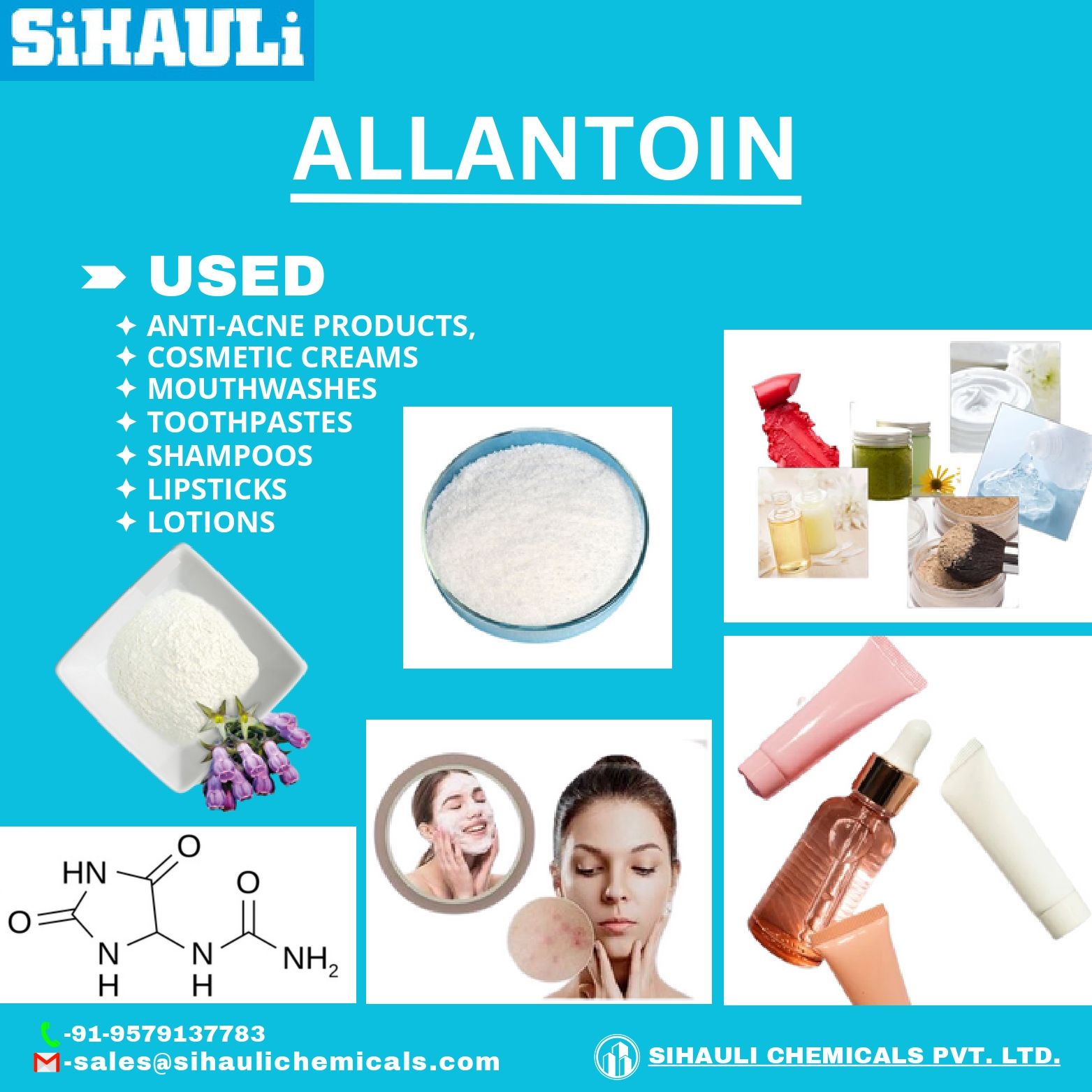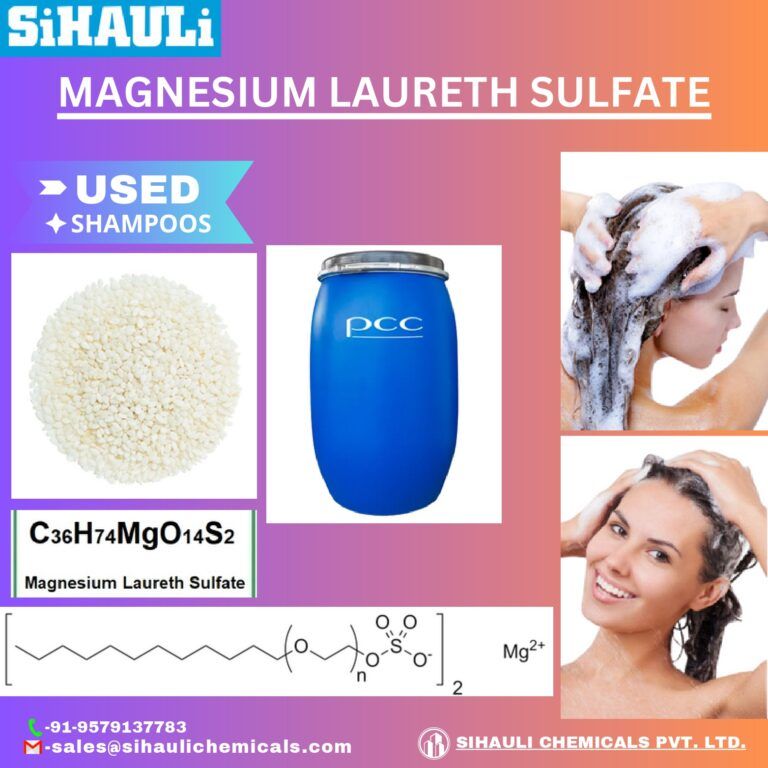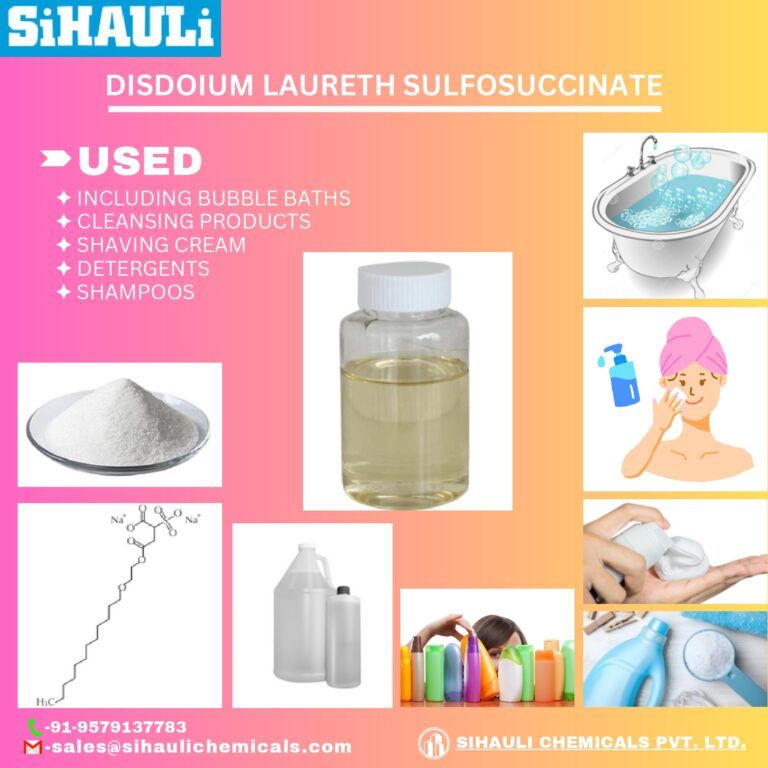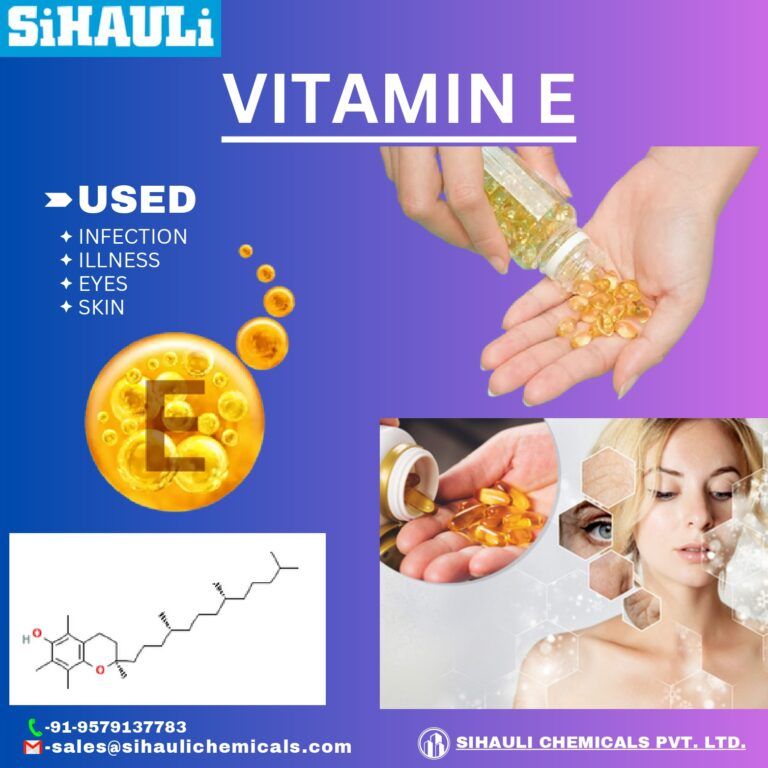Allantoin is commonly applied in a variety of topical vehicles or applications such as cosmetic creams, toothpastes, mouthwashes, shampoos, lipsticks, anti-acne products, and lotions 4 for the purpose of moisturizing skin, enhancing the smoothness of skin, stimulating the healing of wounds, and soothing irritated skin
Allantoin, or aluminum dihydroxy allantoinate, is a chemical compound found within the human body and many plants and animals, according to Frank.
Kollipara says it’s often extracted from a plant called comfrey, though it can be made synthetically and used as an ingredient in skin care products.
You’ll usually find it in products like:
shampoos
acne products
skin creams
scar creams
lotions
A 2015 studyTrusted Source showed that topical products with comfrey extract might improve skin irritation. Researchers couldn’t strictly attribute these improvements to allantoin, stating that other compounds may have also helped.
Benefits and uses for allantoin for skin
Kollipara notes many people have been using — and potentially benefiting from — products with allantoin for years. Since it may be soothing and has few known risk factors, nearly anyone can use it.
That said, Frank most often suggests it to people with specific skin problems.
“[I recommend it for patients] with inflamed skin or dry or irritated skin, particularly from using active ingredients like retinol or glycolic acid,” Frank says.
Frank says you can find glycolic acid in many acne products, toners, facial cleansers, and moisturizers.
You’ll likely hear about many purported benefits to using products with allantoin. Research supports some of these claims, while others rely on anecdotal evidence.
For moisturizing
Moisturizing is one of the top reasons why people seek out allantoin, Kollipara says.Trusted Source
A 2016 reportTrusted Source on the evolving role of skin care noted that allantoin is found in many moisturizers today. Ulta First Aid Beauty Repair Cream is a popular option.
A 2016 research reviewTrusted Source notes that while allantoin is often marketed for its moisturizing benefits, there’s still not much evidence to support the claim.
But Kollipara believes it’s helped her patients.
“It prevents moisture lock for the skin, [meaning] it helps water stay within the skin and not just evaporate,” she says.
For exfoliation
There aren’t any peer-reviewed studies to back claims that allantoin helps exfoliate.
Still, it’s found in some products for exfoliation.
Kollipara has seen improvements in skin cell turnover after patients used products with allantoin.
“It’s very good for…removing dead skin cells and [helps] with dull or dry skin,” she says. “Unlike physical exfoliation, it’s very gentle.”
Kollipara says products containing allantoin can brighten skin tone by exfoliating the face and body.
Try Versed The Shortcut Overnight Facial Peel.
For acne
Though there’s not much research around the use of allantoin for acne treatments, Kollipara says the ingredient’s purported moisturizing benefits can help people prone to breakouts.
“Preventing moisture lock on the skin is helpful in controlling [acne],” Kollipara says. “It’s also helpful in calming down the irritated areas.”
The American Academy of Dermatology doesn’t specify that moisturizers with allantoin will help with acne treatment. However, the organization agrees that people with the condition should moisturize because the body produces more oil when the skin is dry, which can then clog pores.
Kollipara has also noticed that the potential soothing benefits of allantoin products may reduce acne-related skin irritation.
For wrinkles and aging skin
We start losing collagen before we even notice it — our late 20s and 30s, Kollipara says.
As a result, our skin begins losing elasticity, and wrinkles and fine lines eventually appear. Though reduced collagen is inevitable, Kollipara says using products with allantoin can help.
“It’s a good ingredient, even as a baseline for prevention and to treat wrinkles and fine lines by increasing collagen in the skin,” she says.
Kollipara adds that the purported exfoliation benefits can also improve texture, reduce dullness, and create the appearance of younger-looking skin, though the evidence for this is still lacking.
For scars
Allantoin is found in several scar gels, and there’s some evidence to suggest the inclusion of this ingredient is a good thing.
An older study from 2010Trusted Source indicated that topical application of gels that contain allantoin, allium cepa, and pentaglycan twice per day for 24 weeks helped improve skin lesions.
“It may decrease some inflammation in scars,” Frank says.
Still, he notes it’s not a cure-all, and some scars require steroid injections.
For hyperpigmentation
According to Anna Chacon, MD, a Florida-based dermatologist with MyPsoriasisTeam, hyperpigmentation is a challenge to treat, and there isn’t any peer-reviewed evidence to support claims allantoin can help.
Chacon typically recommends other treatments, such as a combination of:
hydroquinone
tranexamic acid
glycolic acid
topical retinoids
azelaic acids
Talk with a dermatologist to determine the best treatment for you.
For sensitive skin
Chacon says people who experience sensitive skin often have a challenging time finding products that work for them.
“They may experience burning and redness when applying something on the skin or may notice stinging when using something topically,” she says.
Because allantoin reduces irritation and typically doesn’t cause it, Kollipara often recommends it to patients with sensitive skin.
“It’s very good at soothing the skin because it prevents damage to the skin,” Kollipara says.
For wound healing
When patients have wounds, they often want to know how to heal them as quickly as possible, for both comfort and aesthetic reasons.
Because allantoin may reduce inflammation, Frank says products with the ingredient can aid wound healing.
A 2017 report concluded there isn’t enough evidence to support these claims yet, though. Kollipara recommends it to patients for scars, not wounds.
For skin lightening and whitening
Chacon says people may want a skin lightener because they have conditions like melasma and post-inflammatory hyperpigmentation. They may personally prefer the appearance of fairer skin.
Still, there’s no medical reason to try to whiten skin or research to support allantoin as a skin lightener.
Chacon says it’s difficult to whiten the skin in the first place but hasn’t used allantoin extensively for this purpose. She says trying it is low risk, though.
Types of allantoin
Products with allantoin come in many forms, like:
creams and lotions
powders
shower cream
masks
toner
serum
The ones you choose will depend on your skin care needs and personal preferences.
Cream/lotion
Frank says allantoin is in several types of moisturizers and shaving creams, particularly because of claims it can help hydrate the skin.
“[They] combine allantoin with retinol and alpha-hydroxy acids without irritation,” he says.
One of Frank’s favorites is the assortment of SkinBetter AlphaRet creams or try Vivant Skin Care Allantoin Sedating Hydrating Lotion.
Powder
Frank says some people will purchase powder with allantoin and add it to their favorite moisturizer, which may or may not already contain the ingredient.
He suggests leaving the formulations to the skin care experts instead of trying to DIY. He also says you can find it in some baby powder products that claim to soothe chapped or chafed skin.
“Any specific baby powder products or products used to treat irritation or yeast should be discussed with your physician,” he says.
Shower cream
Though you get wet in the shower or bath, soap and water can dehydrate the skin.
“Most soaps tend to dry out your skin, and allantoin can benefit those with typically dry or dehydrated skin, as it can soothe and hydrate rather than strip the skin,” Frank says.
He recommends Simple Kind to Skin Soothing Shower Cream for its hydrating benefits.
Masks
Frank says there are plenty of quality K-beauty masks on the market, but his personal favorite comes from a French brand.
“Embryolisse Masque-Creme Hydratant [is my recommendation],” he says. “This French brand is known for its intense hydrating properties and can wake up a dull complexion quickly.”
Toner
Frank has noticed allantoin popping up in toners these days.
“Since clean beauty is so buzzworthy right now, people will be drawn to them,” he says.
He says Dermatory Allantoin Hypoallergenic Cream (Toner) appears to be the most popular.
“It’s fragrance-free and hypoallergenic and can work when extra hydration is needed,” he says.
Serum
There are also several allantoin serums on the market. These products are aimed at hydrating and soothing the skin.
How often to use it
Different skin care treatments have different use guidelines. Some, like chemical peels, are best done every so often.
Regarding scar gels, Kollipara’s recommendation is in line with the 2010 study that suggested that using the product twice per day for about 6 months was beneficial.
Chacon advises patients not to over-exfoliate, including with products that contain allantoin.
“Exfoliants, if used in excess frequencies or amounts, may cause significant irritation and contact dermatitis as well as abrasions to the skin,” she says.
Chacon generally recommends people limit exfoliation to once per week.
Safety and allergic reactions
Kollipara and Frank say there aren’t any interactions for allantoin. You can use products containing the ingredient regardless of what medication or other items you use in your skin care routine.
They agree allantoin is safe for nearly anyone, particularly people with sensitive skin. Still, irritation and allergic reactions are possible.
“Everyone’s skin may react a little differently, and you may have an allergic reaction,” Kollipara says. “An allergic reaction may be anything from redness to blisters.”
“Keratolytic (peeling) ingredients may cause irritation,” Chacon says. “If experiencing irritation, redness, or stinging, it is best to avoid application on those areas or to stop until symptoms have resolved.”
Frank suggests adding any products with allantoin to your skincare routine slowly, starting with just a nighttime application.
Is it safe for baby skin?
Frank says allantoin has been in baby skin products for years and is generally safe for infants. He suggests caregivers speak with a pediatrician before using any specific products to make sure.




